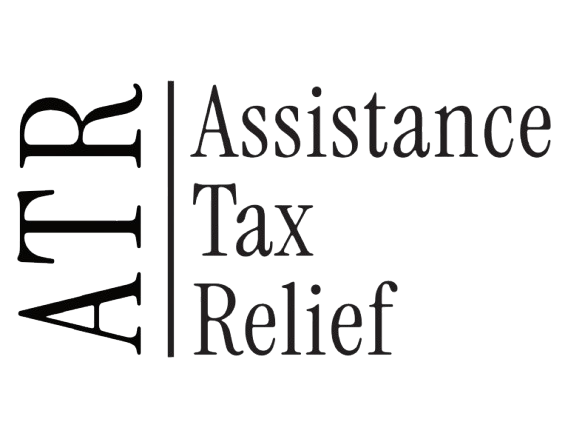📬 IRS Letters Explained: What They Mean (And Why You Shouldn’t Ignore Them)
If you’ve gotten a letter from the IRS, your first instinct might be to panic... or shove it in a drawer. Don’t.
IRS letters are coded signals. Some are warnings. Some are threats. Some give you rights. But all of them require a response; and ignoring them only makes things worse. Here’s a full breakdown of the most common IRS notices we see — and what they really mean for you.
CP14 – First Notice of Balance Due
Your tax return shows a balance due. This is your first official bill. Interest and penalties are already accruing. Time to pay, dispute, or set up a payment plan.
CP504 – Final Notice Before Levy
The IRS is warning they may levy your assets or file a Notice of Federal Tax Lien. Immediate action is needed to stop enforced collection.
CP90 / CP297 – Final Notice of Intent to Levy and Right to a Hearing
You’re now at the enforcement stage. The IRS intends to seize assets. You have 30 days to request a Collection Due Process (CDP) hearing.
CP91 – Intent to Levy Social Security Benefits
The IRS will take 15% of your Social Security benefits unless you respond immediately.
LT11 / Letter 1058 / Letter 11 – Final Intent to Levy
Essentially the same as CP90, but from a different department. Triggers your appeal rights. If you miss the 30-day window, those rights vanish.
CP2000 – Proposed Changes Based on Mismatched Income
The IRS found a discrepancy between what you reported and what they received (W-2s, 1099s, etc.). If unchallenged, it becomes a new tax bill.
CP259 – Return Delinquency Notice
The IRS believes you should have filed a return and didn’t. If ignored, they may file a Substitute for Return (SFR) with no deductions — usually increasing your liability.
CP523 – Defaulted Installment Agreement
You had a payment plan — and missed a payment. The IRS is threatening to terminate the agreement and resume full collection efforts.
CP75 – Audit Notice for EITC/Child Tax Credit
The IRS is auditing your return to verify eligibility for certain credits. They’ll request documentation. Delays or lack of proof can lead to disallowance and more tax due.
Letter 3219 – Statutory Notice of Deficiency ("90-Day Letter")
Big one. The IRS proposes additional tax and gives you 90 days to petition U.S. Tax Court. Ignoring this means the tax becomes final and collectible.
Letter 3172 / 668Y – Notice of Federal Tax Lien Filing
The IRS has made a public claim to your property due to unpaid tax debt. This affects your credit, business reputation, and ability to borrow.
Letter 668W – Notice of Levy on Wages, Salary, and Other Income
Sent to your employer — the IRS is starting wage garnishment. Once it starts, it’s hard to stop without professional help.
Letter 668D – Release of Levy/Property
The IRS has agreed to release a levy — often a resolution win. Keep this for your records.
Letter 6470 – Final Notice Before Offset
The IRS plans to apply your tax refund or government benefits (like Social Security or VA) toward your unpaid tax debt.
Letter 4521 / 4521E – Audit Adjustment
Proposed changes to your return after audit. Often comes with a deadline to respond with documents or accept the changes.
Letter 5747C – Identity Verification Request
The IRS suspects identity theft or needs to verify your return before processing. Common for first-time filers or returns with unusual data.
Letter 2030 – Underreporter Inquiry (for Businesses)
The business version of CP2000. The IRS believes income was underreported based on third-party data. Failure to respond may trigger audit or assessment.
Letter 105C – Claim Disallowed
The IRS is denying your claim for a refund or credit — sometimes because of missing documentation. It can be appealed, but the clock is ticking.
Letter 12C – Return Incomplete or Missing Info
The IRS received your return but something’s missing (signature, schedule, or ID). They won’t process it until it’s corrected.
Letter 4448C – Collection Hold Notification
This confirms the IRS has paused enforced collection — usually because of an appeal, pending Offer in Compromise, or hardship claim. Important for your records.
⚠️ Bottom Line
Every letter is a call to action — and most come with hard deadlines.
Some give you rights. Some take them away. And some, if ignored, lead straight to levies, garnishments, or liens.
✅ What You Should Do:
📩 Got a letter and not sure what it means?
Send us a message or a photo of it.... We’ll tell you:
What it means
What stage you're in
What options you have
You don't have to deal with the IRS alone — we deal with them every day.
